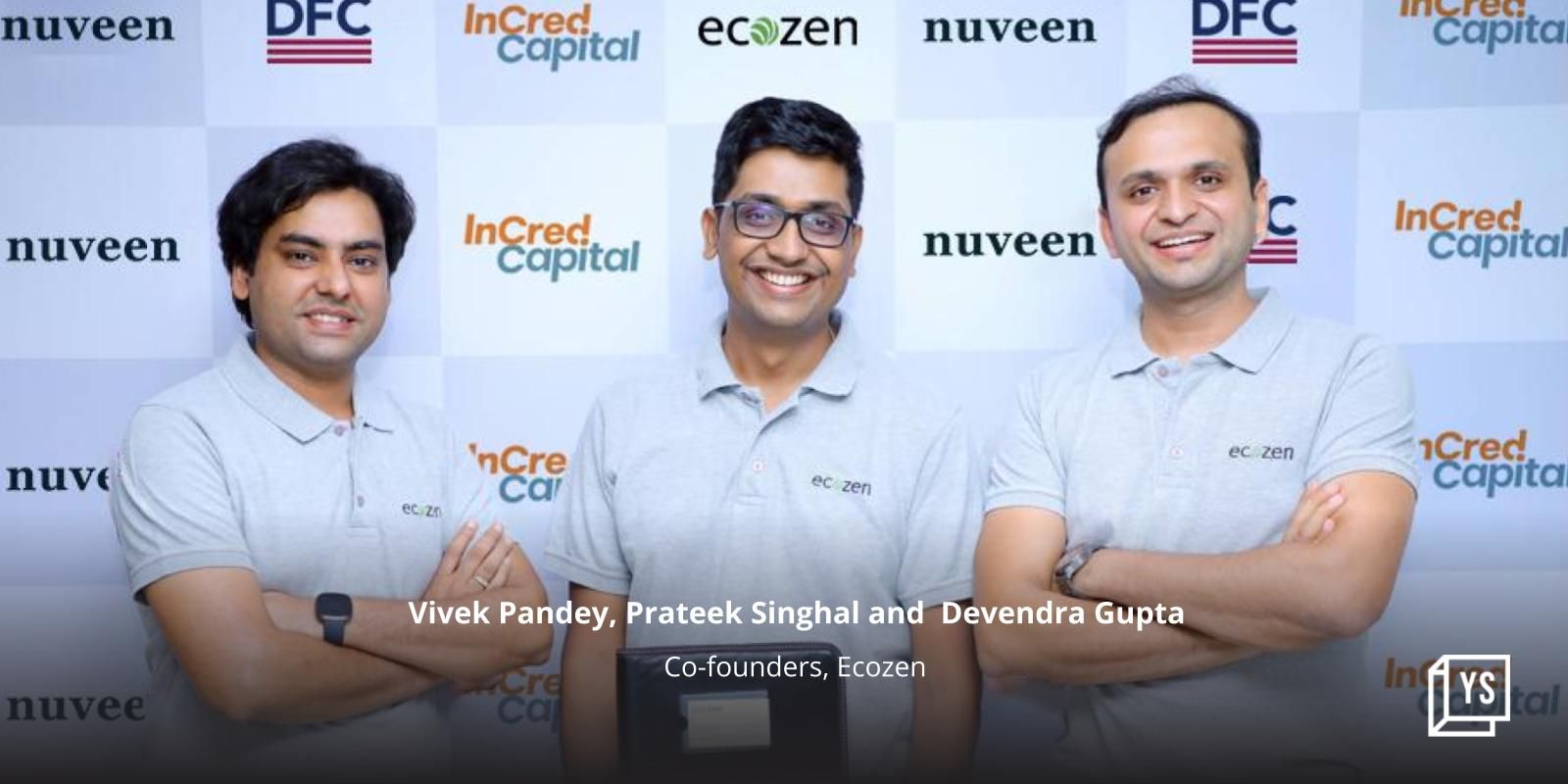Sarath Naru, Managing Partner, VentureEast
Saturday March 21, 2009 , 4 min Read

Will you see a slowdown in private equity deal-making in India in 2009?
The obvious answer is “yes”! Having said that is there a less obvious answer? There will certainly be a slowdown for all the obvious macro reasons: Amount of monies available from fund-of-fund investors for PE funds. This has come down dramatically from all reports, and as per some accounts some LPs who have committed are withholding; and all the deals that looked ‘hot’ when the economy was bubbling away, now will appear droll.
But if one looks between the lines, it is possible that in some areas investment will actually be more than the previous years in terms of VC/PE investing. (How insane is the view of mine, only time will tell) The increase will come because of two things: First, India’s growth (slower growth no doubt), but it is not a recession like in other countries; and second, because of India’s basic needs which will specifically spur continuing demand in some sectors.
My crystal ball tells me, that the deals that will get funding are those: (i) that have already built significant competitive advantages and have revenue
and profit traction (but there will be very few; of these most would have raised capital already), or (ii) those that expect to further build on these competitive advantages, as well as become profitable within a round of funding (which I call as ‘early-growth’ or ‘rapid growth’ companies). It is in these early-growth businesses that I expect to see a jump in deal making.
Secondly, I expect to see investments increase in sectors that are typically secular and more importantly India still has a great demand – supply gap for. These deals will be both in early stage, early-growth, as well as in growth stage. These sectors include healthcare delivery, food processing, agriculture efficiency improvement plays, clean water availability, localised waste management, energy generation and distribution related services; ‘infrastructure build-up’ support services, etc.
How do you see private equity exits in 2009? What is your opinion on IPOs and M&A based exits, and how will they fare in this year?
My view is that both these will be low. Again, of the two types of exits, M&A’s are likely to proportionately do better than IPO’s. Importantly, this is a good time to build value, and not exit investments! The returns, for say a two year delay in exit, could make significant positive difference to the overall return of that investment. But then this needs nerve and patience on the part of the fund manager, as well as skills in monitoring and adding value operationally.
Where exit is a must, merging with a company for stock (whether listed or unlisted) could be a preferable option than a cash transaction and we might see more of those.
Will private equity investors prefer to invest in a listed-company or in a privately held company?
The writing on the wall is clear now. What matters now is not whether the company is listed or unlisted, but more whether the company has built a competitive advantage in a space that is not declining. But there will be issues with listed companies because of the limited ability to have clauses that give preferential rights to the PE investors. While the obvious carrot with listed companies is their very low valuation (market listing), but when it comes to taking on investment, the listed company management is still likely to hang onto rosy valuations for painfully too long a period, driving away PE investors.
How do you see the valuations this year? Do you see entrepreneurs adjusting their expectations in tandem with public markets?
Valuations for unlisted companies will adjust in tandem to their listed brethren, if they are early-growth as opposed to more mature growth stage companies. The more mature growth stage companies will hold out for a higher valuation as there will be more PE fund managers chasing them, rather than the early-growth stage companies. Pure early stage companies always had more reasonable valuations and they will continue to adjust further.








![[Funding alert] Education focused fintech startup Propelld raises $35M in Series B led by WestBridge Capital](https://images.yourstory.com/cs/2/3834ef70ca8011eba0afddaa6974ca30/Propelld-18022022-1645165203714.png)


